Samkhya is the oldest among Indian philosophies. Rather, it had for long been synonymous with philosophy itself. Over the centuries, it has influenced all other Indian schools: Orthodox and unorthodox. At its metaphysical plane, Samkhya is dualistic realism holding out the doctrine of two ultimate realities: Prakrti (matter, physical world) and purusa (self, spirit). As a time-honoured tradition, Samkhya has, at its base, a long line of complex, often baffling expositions/commentaries/interpretations. Which, authored by ancient thinkers and sages, gave it both varied meaning and content. The earliest available work in this line of writings is Isvarakrsna's Samkhyakarika (fifth century AD)–a standard classic celebrated for crystallising the whole Samkhya thought of its times. Isvarakrsna's work, however, has not only overshadowed all earlier expositions, but also led modern scholarship to mistakenly view the beginnings of Samkhya philosophy with nothing beyond Samkhyakarika. Professor Lallanji Gopal here dispels this and other widely prevalent misconceptions. The book reconstructs a new the pre-Isvarakrsna history of Samkhya. And also, for the first time, evolves a chronological sequence of all its landmark works and their authors. Meticulously tracing the historical development of Samkhya thought: from its genesis with the legendary Kapila to its standardised formulations in Samkhyakarika, Professor Gopal shows how Samkhya has never been a monolithic system, nor has its growth been unilinear; how it has had an interesting history of changes, vital shifts, introduction of new details, debates, and even polemics; and , finally, how Isvarakrsna's work is the 'culmination' of classical Samkhya, and not its 'beginning' –as most modern scholars have come to believe. Authenticated by an astonishing mass of literary sources, the book is bound to fascinate scholars and discerning readers alike.
A History of Agriculture in India, From C. AD 1200 to 1947
The volumes of the Project ...
$129.60
$144.00

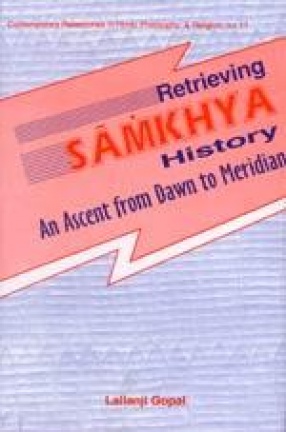
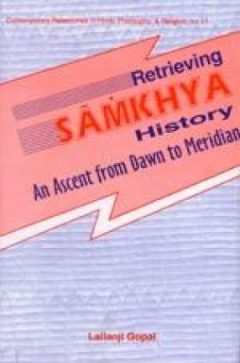
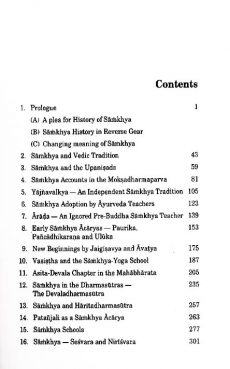
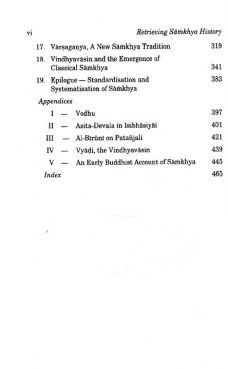
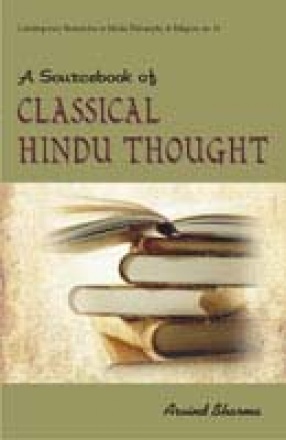
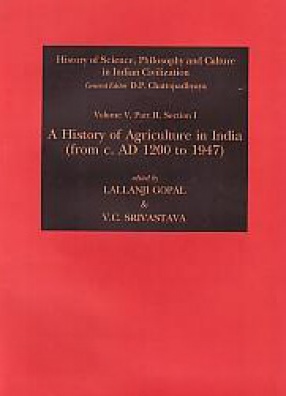
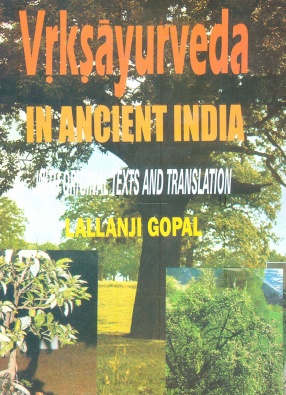
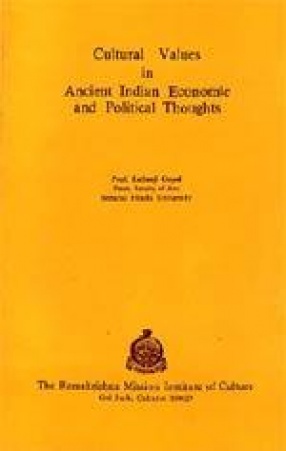
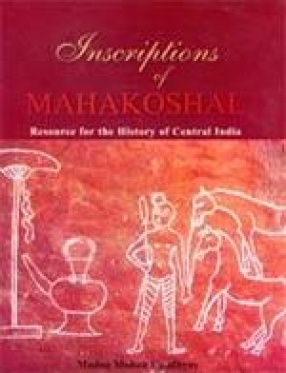
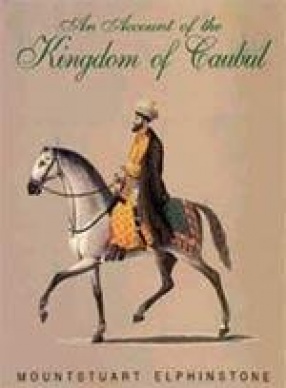
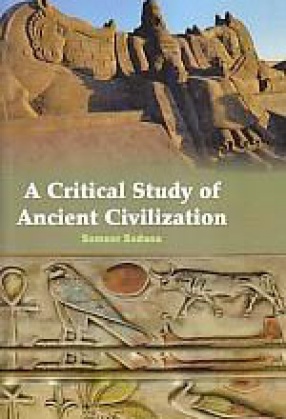
There are no reviews yet.